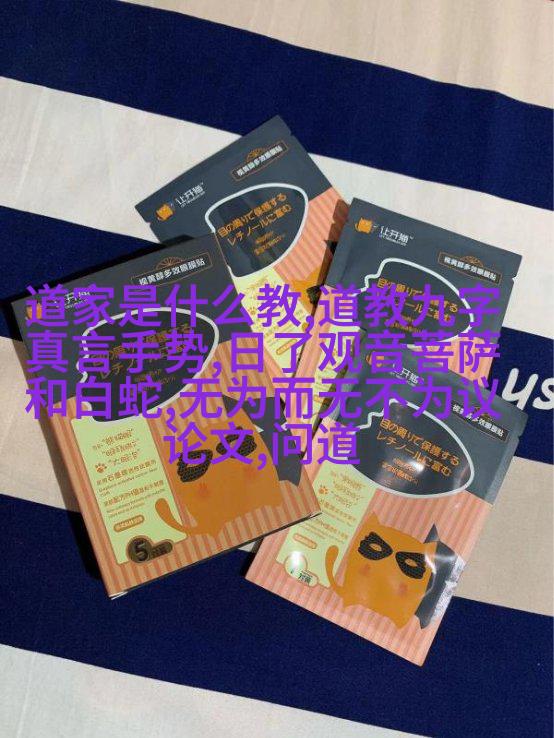Introduction

Wu wei, a fundamental concept in Daoism, is often translated as "non-action" or "effortless action." It refers to the effortless state of being where one's actions are in harmony with the natural flow of life. This concept is central to understanding Daoist philosophy and its application in daily life. In this article, we will delve into the meaning and significance of wu wei and how it can be applied through Daoist meditation practices.
The Meaning of Wu Wei

Wu wei is not about doing nothing; rather, it is about aligning one's actions with the natural order (Dao). According to Lao Tzu in his book Tao Te Ching, wu wei means "to act without acting" or "to do by not doing." It involves letting go of egoistic desires and allowing things to unfold naturally. By embracing wu wei, individuals can achieve balance and harmony within themselves and their surroundings.
Daoist Meditation: A Path to Wu Wei

One way to cultivate wu wei is through meditation practices that focus on quieting the mind and connecting with one's inner self. These practices help individuals develop a deeper understanding of themselves and their place in the world. Regular meditation practice enables people to become more aware of their thoughts, emotions, and physical sensations without judgment or attachment.
Qigong: The Art of Breathing for Wu Wei

Qigong (pronounced as chee-gung) is another important aspect of Daoism that contributes significantly towards achieving wu wei. Qigong emphasizes proper breathing techniques along with movement exercises designed for balancing body energy (qi). Practicing qigong helps individuals harmonize their internal energy flow so that they can perform tasks effortlessly while maintaining balance throughout.
The Importance Of Reading Books On Daoism For Beginners

For those interested in exploring further into these concepts related to DAOISM foundation knowledge entry-level occult books are available which provide detailed explanations on various aspects such as Yin-Yang theory , Five Elements Theory ,and principles guiding day-to-day living based on DAOIST philosophies like WU WEI . Some recommended books include 'Tao Te Ching' by Lao Tzu,' Chuang Tzu', 'The Secret Teachings Of The Tao' by Brian Walker among others .
These texts offer valuable insights into both philosophical foundations as well practical applications enabling readers gain better understanding thus paving path toward attaining spiritual growth & personal development via cultivation & practice guided by principles derived from ancient wisdoms shared within these pages .
In conclusion,
Applying Wu Wei In Daily Life
By incorporating elements like mindfulness meditation , QIGONG & reading up on DAOIST literature beginners may find easier transition toward adopting lifestyle aligned with principle called WU WEI which signifies alignment between individual actions & nature’s own rhythm leading ultimately towards overall well-being . As you begin your journey remember patience persistence dedication remain key factors contributing success here because true mastery requires time effort devotion but rewards far outweigh initial challenges faced during process so keep at it!
